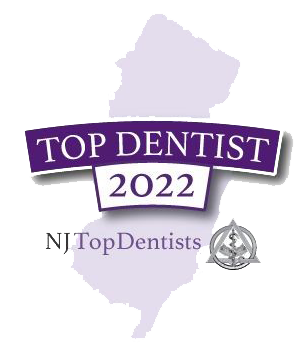
3 Myths About TMJ Disorder

There is a lot of information floating around about temporomandibular joint disorder. Some of it is true while other information is not so true. Here, the TMJ Center of New Jersey dispels three common myths about disorders affecting the temporomandibular joint.
Myth #1. “TMJ” Refers to One Specific Health Condition
Fact. “TMJ” is actually an abbreviation for temporomandibular joint, the hinged joint connecting the jaw to the skull, which allows the jaw to open and close. However, many people have started to refer to all disorders that affect the TMJ by this simplified acronym. Conditions that affect the TMJ could more accurately be described as TMJ disorder, or TMD.
In addition, TMJ disorder, TMD or even TMJ are all umbrella terms that describe any possible cause of pain and other symptoms relating to the TMJ.
Myth #2. There Is Only a Single Cause of TMD
Fact. As alluded to above, TMD could be caused by various things. TMD can stem from a car accident causing whiplash, another type of trauma or injury, a misaligned bite, orthodontic treatment, stress, bruxism (teeth grinding), osteoarthritis or rheumatoid arthritis, among other possible causes. Given that there are many possible causes of TMJ disorder, your primary doctor and TMJ specialist may collaborate to help diagnose your TMD.
Myth #3. Surgery Is the Only Way to Treat TMD
Fact. There are several treatment options to help relieve pain and other symptoms of TMD. (In fact, surgery should only be considered as a last resort, given that there are risks associated with any type of surgical procedure.) Treatment options include: stretches and exercises for the jaw and mouth to relax and strengthen the muscles around the TMJ, dental appliance therapy, changes in diet (including alcohol and caffeine usage), dental work, orthodontia, stress management, prescription of certain medications, and possibly even chiropractic care.
Treat Your TMD
If you experience jaw pain, a clicking sound while you chew, headaches, bruxism, tinnitus (a ringing in your ears) or vertigo or the muscles in your face simply feel tired, you may be suffering from TMD. However, you do not have to suffer any more. The TMJ Center of New Jersey can help evaluate the cause of your TMD and offer treatment options to relieve your TMD symptoms.
To schedule your complimentary consultation, contact the Headache and TMJ Center of New Jersey by calling (855) TMJ-DOCS or (855) 865-3627.

